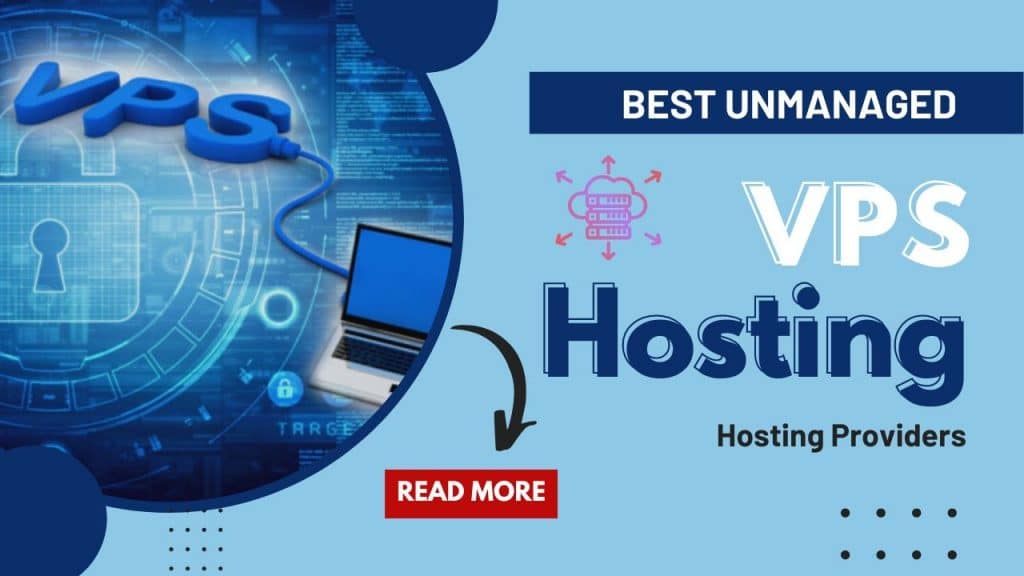In the intricate ecosystem of cloud computing, databases form the backbone for a myriad of applications. My quest to find robust yet manageable database solutions led me to DigitalOcean. Among the diverse offerings, the ‘digital ocean databases’ stood out, promising a blend of power, scalability, and simplicity. This article chronicles my journey and experiences with DigitalOcean’s database services.
Embarking on the Digital Ocean Databases Odyssey
The journey to find the perfect database solution can be daunting. I needed a platform that would handle the intricacies of database management, allowing me to focus on application development. That’s when I stumbled upon digital ocean databases. Renowned for its user-friendly approach and robust performance, DigitalOcean’s managed databases piqued my interest.
DigitalOcean’s Database Offerings
Digital ocean databases are not just about offering a space to store data. Instead, they provide a comprehensive managed database service. Here’s what stood out for me:
- Variety of Databases: Whether it was PostgreSQL, MySQL, or Redis, digital ocean databases had it all. This range allowed me to choose the optimal database for my application needs.
- Automated Backups and Updates: One significant advantage of using digital ocean databases was the automated backups. I no longer had to worry about data loss or manual backups. Furthermore, automated updates meant that my databases were always running the latest and most secure versions.
- Scalability and Performance: As my application grew, so did the demands on the database. The ability to scale resources seamlessly, without downtime, was invaluable. Moreover, the data was stored on SSDs, ensuring quick read and write operations.
Security and Global Reach
The security of my data was paramount. Digital ocean databases come with end-to-end encryption, both in transit and at rest. Additionally, with VPC (Virtual Private Cloud) networks, I was assured of an isolated and secure environment for my databases.
Another noteworthy aspect was the global reach. DigitalOcean has data centers across the world, allowing me to deploy my database closer to my user base, thereby reducing latencies and ensuring a smoother user experience.
Pricing and Support
While functionality is crucial, affordability is equally significant. The pricing for digital ocean databases was transparent, and the pay-as-you-go model allowed me to optimize costs based on usage.
Furthermore, the DigitalOcean community and support were pillars during my journey. Be it troubleshooting, best practices, or general queries, the community forums and documentation were rich resources.
Conclusion: My Verdict on Digital Ocean Databases
In the ever-evolving world of cloud computing, databases play a pivotal role. My experience with digital ocean databases has been a blend of reliability, performance, and peace of mind. The platform seamlessly marries the intricacies of database management with user-friendly tools and interfaces.
For anyone embarking on a cloud database journey, be it a startup, an established business, or an individual developer, DigitalOcean emerges as a reliable companion. Their commitment to simplifying complex tasks without compromising on functionality is commendable.
If you’re curious about diving deep into the world of managed databases, I wholeheartedly recommend exploring the offerings of DigitalOcean. For a comprehensive look at their services and to start your database journey, do visit their official website: https://www.digitalocean.com/.

